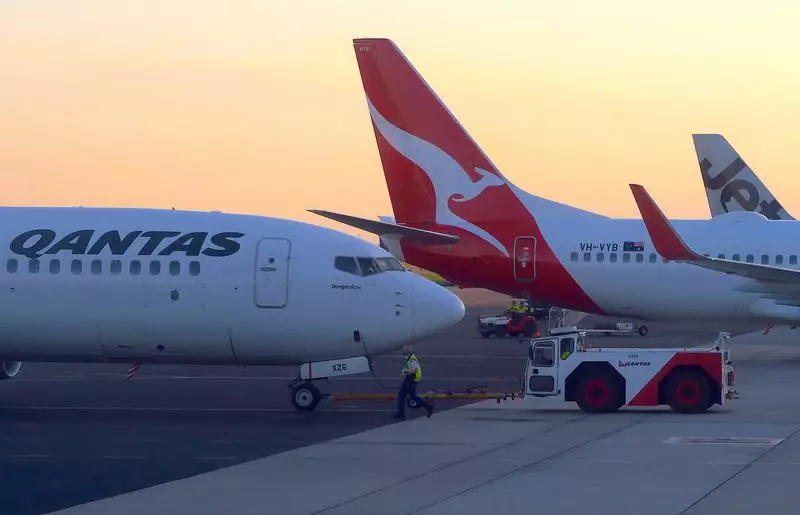In a notable ruling against Qantas Airways, the Federal Court of Australia mandated the airline to pay compensation totaling A$170,000 (approximately $114,000) to three baggage handlers unlawfully dismissed in 2020. This judgment acts as a precursor to a larger legal confrontation, involving approximately 1,700 other former employees whose positions were outsourced as a purported cost-saving strategy during the COVID-19 pandemic. The ruling underscores not only the ramifications of the airline’s actions during a turbulent time but also sets a precedent for the ongoing negotiations between Qantas and the Transport Workers Union (TWU).
The case, presided over by Justice Michael Lee, emphasized the substantial psychological and economic ramifications experienced by the affected employees. The judge awarded A$30,000, A$40,000, and A$100,000 to each of the three dismissed workers to account for their non-economic losses. This compensation not only acknowledges the financial distress caused by wrongful termination but also symbolizes the distress and emotional turmoil faced by the employees. Justice Lee’s ruling indicates that the airline’s actions were not only illegal but were executed to evade potential industrial actions that could have arisen in response to workers’ demands for fair treatment.
This ruling serves as the latest chapter in a series of controversies that have marred Qantas’s reputation in recent years. Following the pandemic, the airline found itself facing backlash for selling tickets for canceled flights, resulting in a hefty A$120 million settlement with regulatory bodies. Furthermore, allegations surfaced linking Qantas to attempts to influence the Australian government regarding air traffic rights. These accumulated controversies highlight not merely an operational crisis but an intrinsic failure in corporate governance and ethical responsibilities towards employees and customers.
In light of this ruling, Qantas’s new CEO, Vanessa Hudson, acknowledged the need for the airline to learn from its missteps and to address the grievances of the impacted workers. This acknowledgment of oversight points towards a potential shift in corporate culture. However, the authenticity of this change remains in question, particularly as public trust in the airline continues to decline due to ongoing legal troubles and ethical concerns in its operational practices.
The Federal Court has directed Qantas and the TWU to engage in discussions regarding a comprehensive compensation strategy for all affected ground staff, with a follow-up court date scheduled for November 15. As these dialogues unfold, the airline faces increased scrutiny from both the public and regulatory institutions regarding its commitment to fair employment practices. The outcome of these discussions could redefine Qantas’s relationship with its workforce and reshape the landscape of airline labor relations in Australia.
As the legal ramifications for Qantas expand, the company stands at a critical juncture. Whether it can effectively navigate these turbulent waters and restore confidence among its employees and the public remains to be seen. How Qantas engages with this challenge will undoubtedly influence its future trajectory and its standing within the aviation industry.

